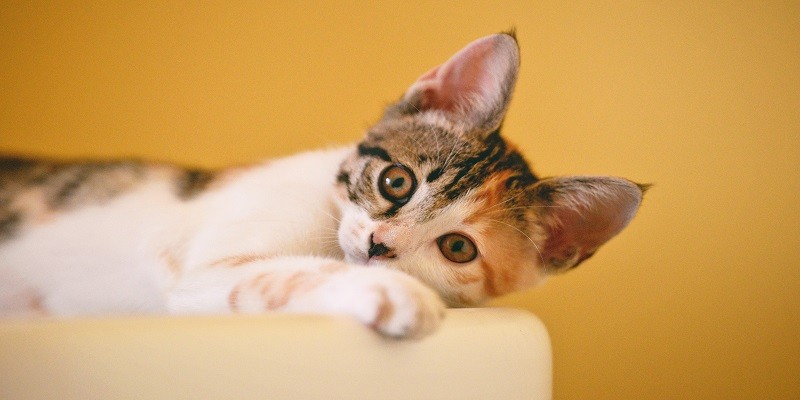Plant-based cat litter has emerged as an eco-friendly alternative to traditional clay and silica gel litters. As pet owners become more conscious of their environmental impact, they are seeking sustainable solutions that benefit both their feline companions and the planet. In this article, we will delve into the various aspects of plant-based cat litter, its benefits, and frequently asked questions surrounding its usage.
What is Plant-Based Cat Litter?
Plant cat litter, as the name suggests, is made from natural materials such as wood, corn, wheat, and paper. These materials are biodegradable and do not contribute to the harmful mining processes associated with traditional clay litters. They are processed to create absorbent granules that help control odors and moisture.
Environmental Advantages
One of the most significant advantages of using plant-based cat litter is its positive impact on the environment. Traditional clay litters are sourced through mining, which can lead to deforestation, habitat destruction, and air pollution. In contrast, plant-based litters are made from renewable resources that can be cultivated with less environmental impact.
Reduced Carbon Footprint
Plant-based cat litters often have a lower carbon footprint compared to their clay counterparts. The production of clay litters requires significant energy, and transportation from mining sites to manufacturing facilities adds to their environmental impact. Plant-based litters are usually manufactured locally, reducing the energy needed for transportation.
Biodegradability and Composting
Plant-based cat litters are biodegradable, meaning they break down naturally over time, contributing to healthier soil and reducing waste in landfills. Some brands even promote compostable litters that can be safely added to compost piles, helping to enrich the soil and close the loop on the waste cycle.
Health Benefits for Cats
Plant-based litters are generally safer for cats. Many traditional litters contain silica dust, which can be harmful if inhaled by cats and humans. Plant-based litters are virtually dust-free, providing a healthier environment for both pets and their owners.
Odor Control
One of the concerns when using any cat litter is odor control. Plant-based litters, with their natural absorbent properties, effectively capture and neutralize odors. Some even incorporate natural scents, like lavender or pine, to enhance odor-controlling abilities.
Allergen-Friendly
Traditional litters may trigger allergies in cats and humans due to their artificial fragrances and dust content. Plant-based litters, being less dusty and free from synthetic additives, are a better choice for households with sensitive individuals.
Tracking and Clean-Up
Cat owners often worry about litter tracking, where granules get scattered around the house. Plant-based litters are often heavier, minimizing tracking. Additionally, they are easier to sweep or vacuum, simplifying the clean-up process.
Transitioning to Plant-Based Litter
Transitioning your cat to plant-based litter requires patience. Start by mixing a small amount of the new litter with their current litter, gradually increasing the ratio over time. Cats can be sensitive to changes, so a gradual transition helps them adjust more comfortably.
FAQs
Q1: Is plant-based litter suitable for all cat breeds?
A: Yes, plant-based litter is suitable for all cat breeds. However, some cats may have preferences, so monitor their reaction during the transition.
Q2: Is plant-based litter more expensive?
A: Plant-based litter can be slightly more expensive upfront, but its longer-lasting properties often balance out the cost.
Q3: Can I flush plant-based litter?
A: Some plant-based litters are labeled as flushable, but it’s essential to follow the manufacturer’s guidelines and consider the impact on your plumbing system.
Q4: Will my cat be comfortable with the change?
A: Cats can be creatures of habit, so a gradual transition is recommended to help them adjust to the new litter.
Q5: Are there any plant-based litters with clumping abilities?
A: Yes, many plant-based litters offer clumping abilities, making scooping and cleaning easier.
Conclusion
In the quest for sustainable living, plant-based cat litter stands out as an environmentally responsible choice that benefits both nature and your feline friend. By reducing your carbon footprint, supporting biodegradability, and providing a safer and healthier environment for your cat, plant-based litter proves to be an excellent alternative to traditional options. As more pet owners adopt this eco-friendly solution, the positive impact on our planet becomes even more apparent.
Last Updated on January 14, 2025 by Pauline G. Carter

